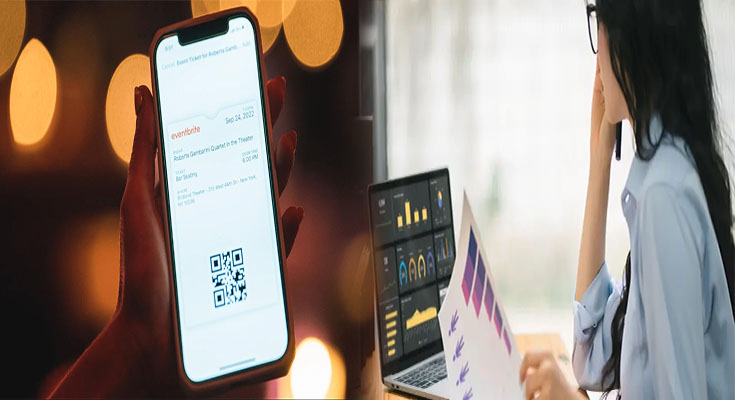The burgeoning shift towards virtual events has prompted a surge in the demand for sophisticated tools to optimize online event marketing and elevate attendee engagement. As businesses and organizations increasingly rely on digital platforms to host events, leveraging the right set of tools is crucial for delivering compelling experiences and maximizing the impact of virtual gatherings. Here are some of the top tools that adeptly facilitate the optimization of online event marketing and engagement:
1. Virtual Event Platforms:
- Virtual event platforms such as Zoom, Microsoft Teams, and Hopin provide essential features for hosting online events, including live streaming, interactive sessions, and virtual networking capabilities. These platforms serve as the foundational infrastructure for online events, enabling seamless content delivery and engagement opportunities for attendees.
2. Event Management Software:
- Event management tools like Eventbrite, Cvent, and Bizzabo offer comprehensive solutions for organizing and promoting virtual events. From registration management to ticketing, these platforms streamline event logistics and facilitate targeted marketing efforts, ensuring a smooth and efficient event planning process.
3. Marketing Automation Tools:
- Leveraging marketing automation platforms such as HubSpot, Marketo, or Pardot can enhance the reach and impact of online event promotional campaigns. These tools enable the automation of email marketing, lead nurturing, and personalized communication, empowering organizers to effectively engage with potential attendees and drive event registrations.
4. Virtual Networking Platforms:
- Platforms like Brella and Remo facilitate virtual networking and matchmaking, replicating the networking experience of in-person events in a digital environment. These tools enable attendees to connect with one another, schedule meetings, and build meaningful relationships, fostering engagement and collaboration during online events.
5. Live Polling and Q&A Tools:
- Tools such as Slido, Mentimeter, and Poll Everywhere enable real-time audience engagement through live polling, Q&A sessions, and interactive feedback mechanisms. Integrating these tools into online events enriches the attendee experience, empowers audience participation, and provides valuable insights for speakers and organizers.
6. Virtual Event Analytics Platforms:
- Analytics tools like Google Analytics and PheedLoop offer robust insights into attendee behavior, content engagement, and overall event performance. By leveraging these platforms, organizers can glean actionable data to optimize future events, refine marketing strategies, and measure the impact of their online event initiatives.
7. Social Media Management Tools:
- Utilizing social media management tools such as Hootsuite, Buffer, or Sprout Social can amplify the reach and visibility of online events across various social channels. These tools facilitate social media scheduling, monitoring, and engagement, enabling organizers to generate buzz and drive audience participation leading up to and during virtual events.
8. Video Production and Editing Software:
- Advanced video editing tools like Adobe Premiere Pro, Final Cut Pro, or Camtasia empower organizers to create professional and captivating event content. From promotional videos to post-event highlights, these tools enable the creation of visually compelling assets that drive interest and engagement before, during, and after online events.
By harnessing the capabilities of these top tools, organizers can effectively optimize their online event marketing strategies and elevate attendee engagement. From streamlining event logistics to fostering meaningful interactions, the right combination of tools is essential for creating impactful virtual experiences that leave a lasting impression on attendees. As the landscape of virtual events continues to evolve, the strategic deployment of these tools will be integral to driving the success and effectiveness of online event initiatives across diverse industries and sectors.





